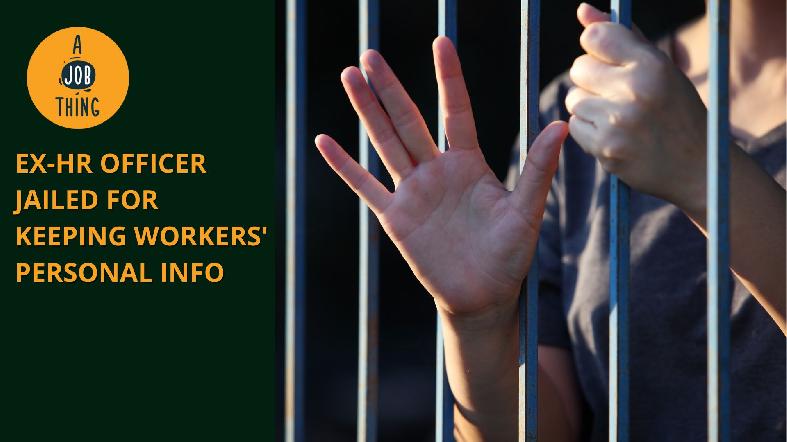
Ex-HR Officer Jailed for Keeping Workers’ Personal Data
Are You Hiring?
Find candidates in 72 Hours with 5+ million talents in Maukerja Malaysia & Ricebowl using Job Ads.
Hire NowKoh Pek Keang illegally kept a database of employee personal information on her own computer while serving as a human resources officer at a company.
Six years after leaving the company, Koh still possessed the database and exploited the details of 54 people to fraudulently claim packs of face masks provided for free via Temasek Foundation vending machines during the Covid-19 pandemic.
The 44-year-old Malaysian permanent resident was sentenced to 16 weeks in prison after admitting guilt to one count each of unlawfully retaining personal details and cheating.
She used the workers' personal data to redeem free masks
The court heard that Koh managed employees' personal information as part of her position at G-Tech Engineering.
However, she retained the data on her personal laptop after leaving the organisation in 2014 for reasons not brought up in court.
When a nationwide distribution of free masks took place in 2020, she opted to redeem additional masks than she and her family were allowed since she did not want to spend money buying them for her family, according to the court.
She brought plastic bags to Clementi Community Centre around noon on November 30, 2020, and entered the identification numbers of her former coworkers to redeem extra mask packets.
Each S$12 (RM 53.86) box featured two masks and three filters. According to court documents, the packs she seized that exceeded her quota were worth S$648 (RM 2,908.55).
Koh had used the data of 54 workers
In proposing a total term of four months and two weeks in prison, Deputy Public Prosecutor Jeremy Bin said that the number of people whose information Koh had improperly kept was significant.
The volume of personal data provided by each individual was "wholly sufficient" for Koh to commit identity fraud if she so desired, he noted. The crime was also perpetrated at a period when Covid-19 was still relatively recent, and the government had previously distributed free masks in reaction to shortages.
In appealing for a fine instead, defence lawyer Tan Wei Chieh stated that Koh made the mistake of believing she did not want "the free masks to go to waste" because the personnel whose information she had utilised were foreigners who did not reside in Singapore.
He further stated that she did not commit the crimes for financial gain. Koh was depressed at the time, having endured life challenges as the primary income for her Malaysian family and her children in Singapore, he noted.
Mr Tan also pleaded for leniency in the sentence as the Covid-19 peak had passed, and his client was "very, very remorseful" for her conduct.
Both Singaporeans and foreigners were unable to redeem their free masks
In response, DPP Bin emphasised that Temasek Foundation, the philanthropic arm of state investment company Temasek Holdings, had funded the masks even though they were provided free of charge to the general public.
He said Koh's assertion that she solely redeemed masks of foreigners who were not in Singapore was "provably untrue" given that multiple police reports were filed by Singaporeans and foreigners who had been unable to redeem their masks after Koh had already used their identification numbers.
DPP Bin further pointed out that a psychiatric assessment on Koh, which Mr Tan only delivered to the court after the judge requested it, made no mention of a contributing or direct link between Koh's depression and the offences. The prosecution further stated that a cheating offence is punishable by imprisonment.
When Senior District Judge Bala Reddy asked Mr Tan if he could provide any legal precedent in his petition for a fine instead of the necessary jail sentence, he declined and appealed for leniency again.
The court stated in his sentence that he mainly agreed with the prosecutor's arguments. He considered the medical report as an indicator of Koh's general state during the offences but stressed that there was no link between her illness and her illegal activity.
The judge granted Koh's plea to commence her sentence on September 13 to finalise several work-related issues. Koh could have faced up to three years in prison or a S$10,000 (RM44, 885) punishment for accessing personal information about people without their consent.
In Singapore, Cheating is punishable by up to ten years in prison, a fine, or both.
Source: Today

